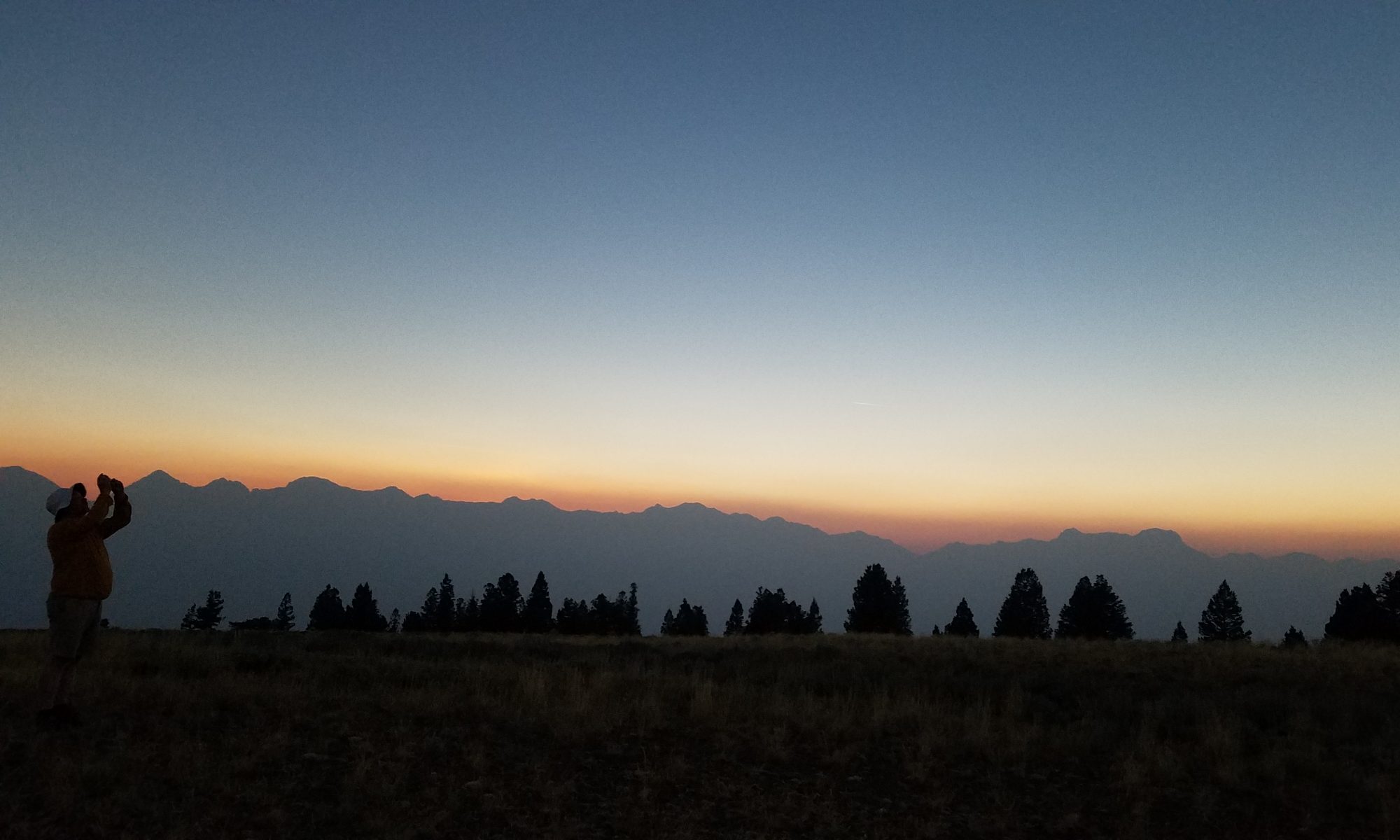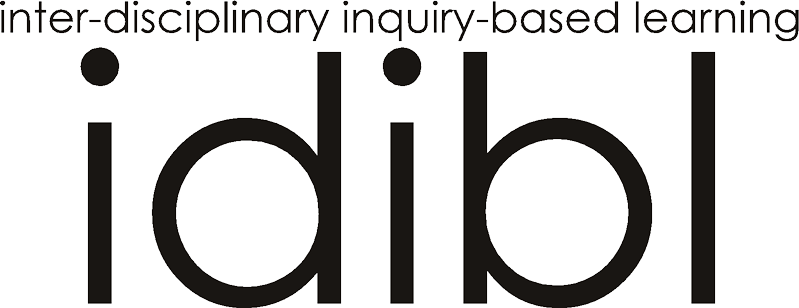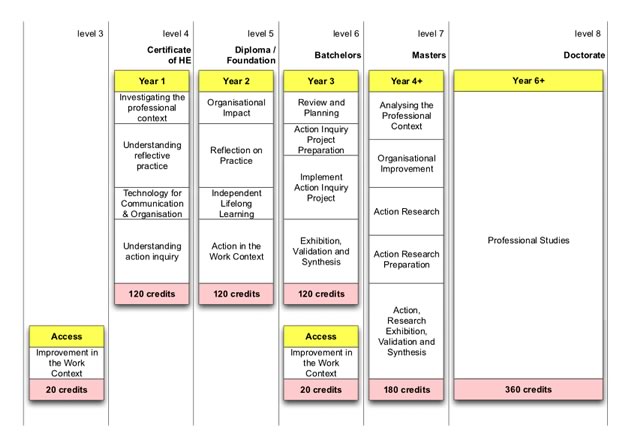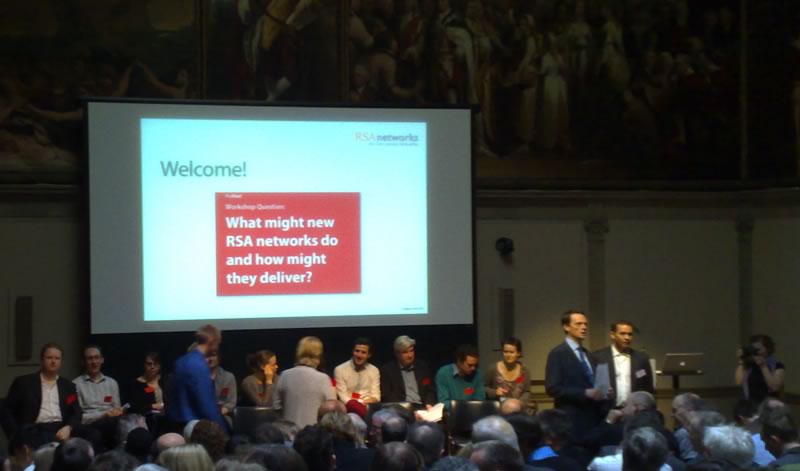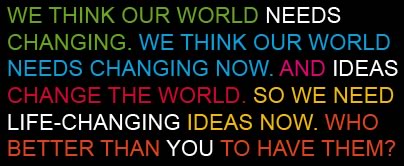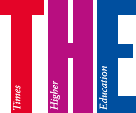
Tara Brabazon in the Times Higher Education Supplement when discussing coursework masters degree courses:
“They are squeezed between the crowd control of undergraduate education and the over-bureaucratised doctoral programmes that dislodge the historically functional relationship between a PhD candidate and supervisor.”
She draws attention to the remarkable creativity of her students, when unleashed with a little flexibility:
“Although there is a science – and craft – to curriculum, we never know how our students will remix our aims and riff off our structure to create melodies and syncopations beyond our lesson plans.”
I know what she’s talking about and we have designed this thinking in to our new degree framework for batchelors, masters and doctorate at the University of Bolton.
Although her article is flowery in its language and this begins to grate as I get to the end, the sentiments and concepts are important:
“These students want a second chance to remake their careers and lives. Their enthusiasm is contagious, and their examples show that change and creativity emerges when courageous students decide to live their lives differently.”
Our take on this fertile opportunity is Inter-disciplinary inquiry-based learning founded in an action research philosophy.
At this point in her article, Tara switches to talking about the link between research and teaching, through the students’ inquiry referencing the HEA report Linking Teaching and Research in Disciplines and Departments.
My worry is that this paper, and her language, are not radical enough in conceiving students as co-researchers in the 21st century. Surely now, ivory-tower academic authority is no longer seen as the know-it-all top of the pyramid (to mix a few metaphors myself), but still has a vital role to play in gathering the best, modelling excellence and rigour and wisely critiquing and deferring to the evidence base from professional practice.
Tara pleas:
“I hope that through the stress and the marking, the stress and the moderation, the stress and the exam boards, academics feel buoyant at their teaching achievements but humbly reflective about what our students can teach us.”
Agreed, and I suggest we should focus on how to make these important teaching acts as delightful and stress free as possible.
